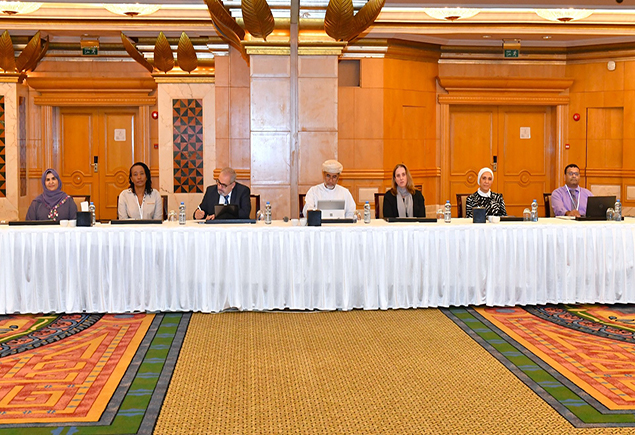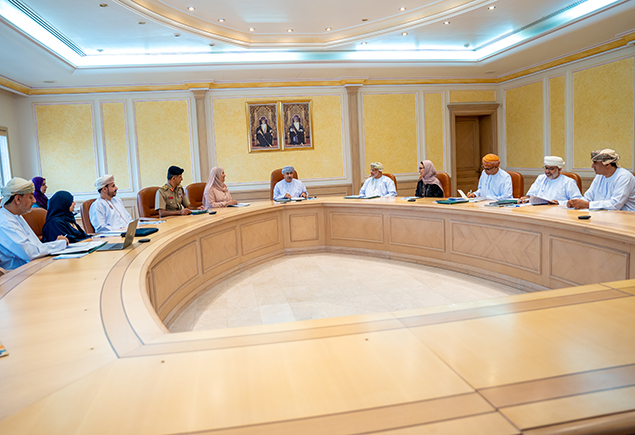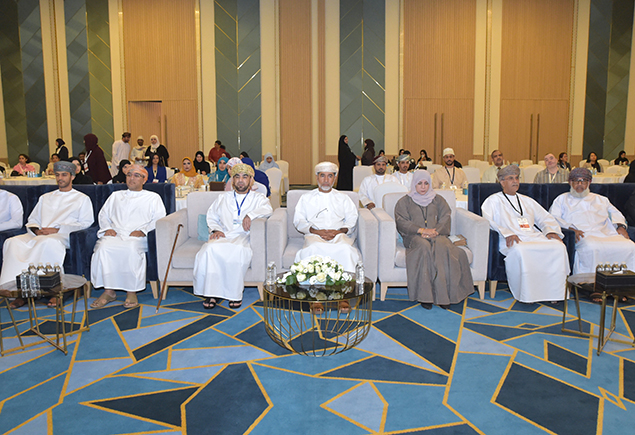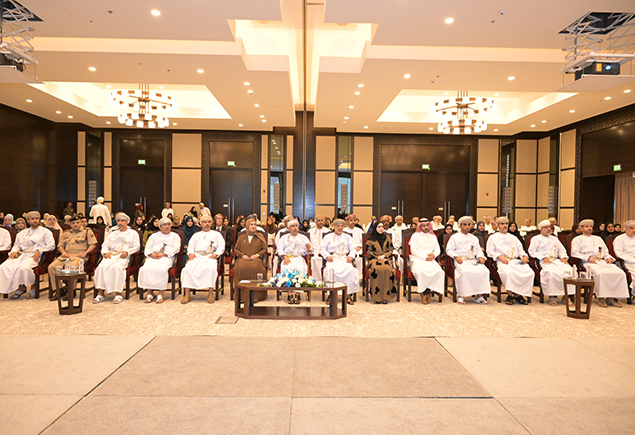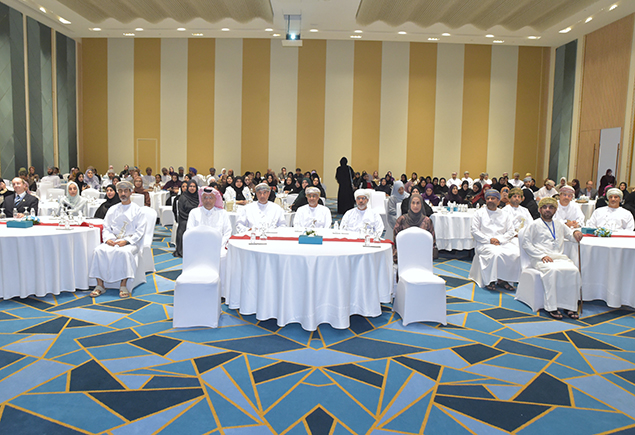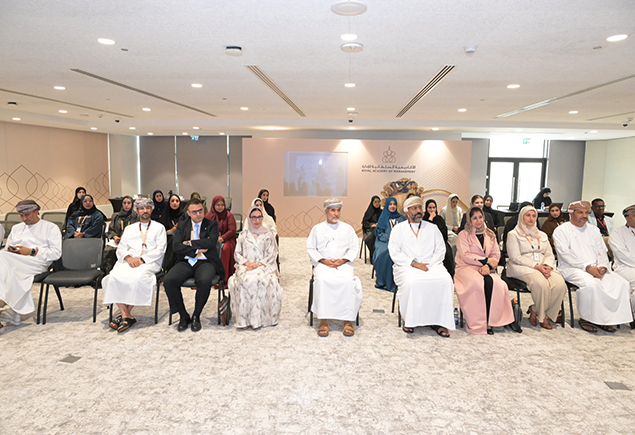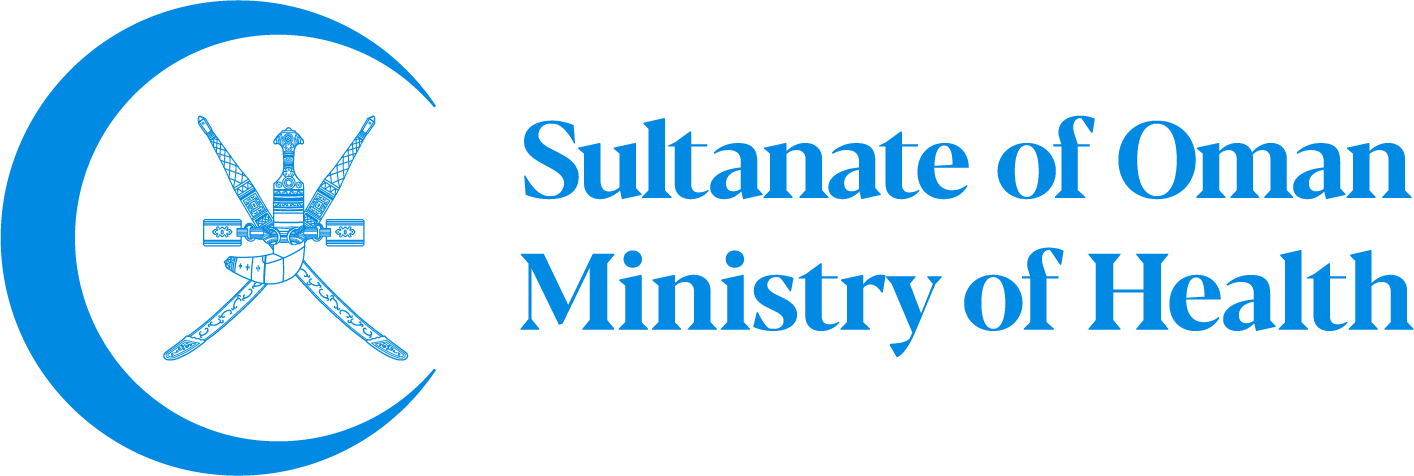The Ministry of Health represented by Public Health Laboratories, in collaboration with the Regional Center for Disease Control and Prevention and the Association of Public Health Laboratories, hosted a two-day Regional Meeting on the Implementation of Whole Genome Sequencing for the PulseNet Middle East Foodborne Diseases Surveillance Network at Grand Hyatt Muscat Hotel.
The meeting was commenced today (Monday) under the auspices of H.E. Dr. Ahmed Salem Al Mandhari, MOH’s Undersecretary for Planning and Health Regulation, with the presence of H.E. Dr. John Jabbour, WHO Representative in the Sultanate of Oman, as well number of officials from organizers and partners.
In the opening remarks, His Excellency Undersecretary for Planning and Health Regulation stressed the necessity for implementing newer technologies such as whole genome sequencing in identifying foodborne disease outbreaks with a road map that allows for their sustainability.
Oman WHO Representative pointed out that the meeting is dedicated to renewing and strengthening the PulseNet Middle East and North Africa regional network, with the aim of jointly implementing robust surveillance for food diseases.
He outlined that enteric diseases remain a substantial public health, economic, and social burden worldwide; therefore, sustaining surveillance activities across EM region to mitigate the burden of foodborne diseases, and enhancing sub-national, regional, and global cooperation across the food and feed chain, remains a top priority.
The regional meeting aims at reviewing the Terms of Reference (TOR) of the network, electing committee members, chairperson, and regional coordinator, in addition to reviewing food safety status and foodborne disease surveillance and the necessary capabilities for implementing Whole Genome Sequencing (WGS).
